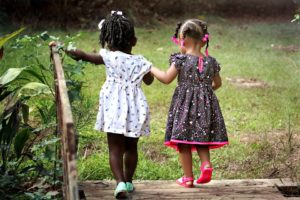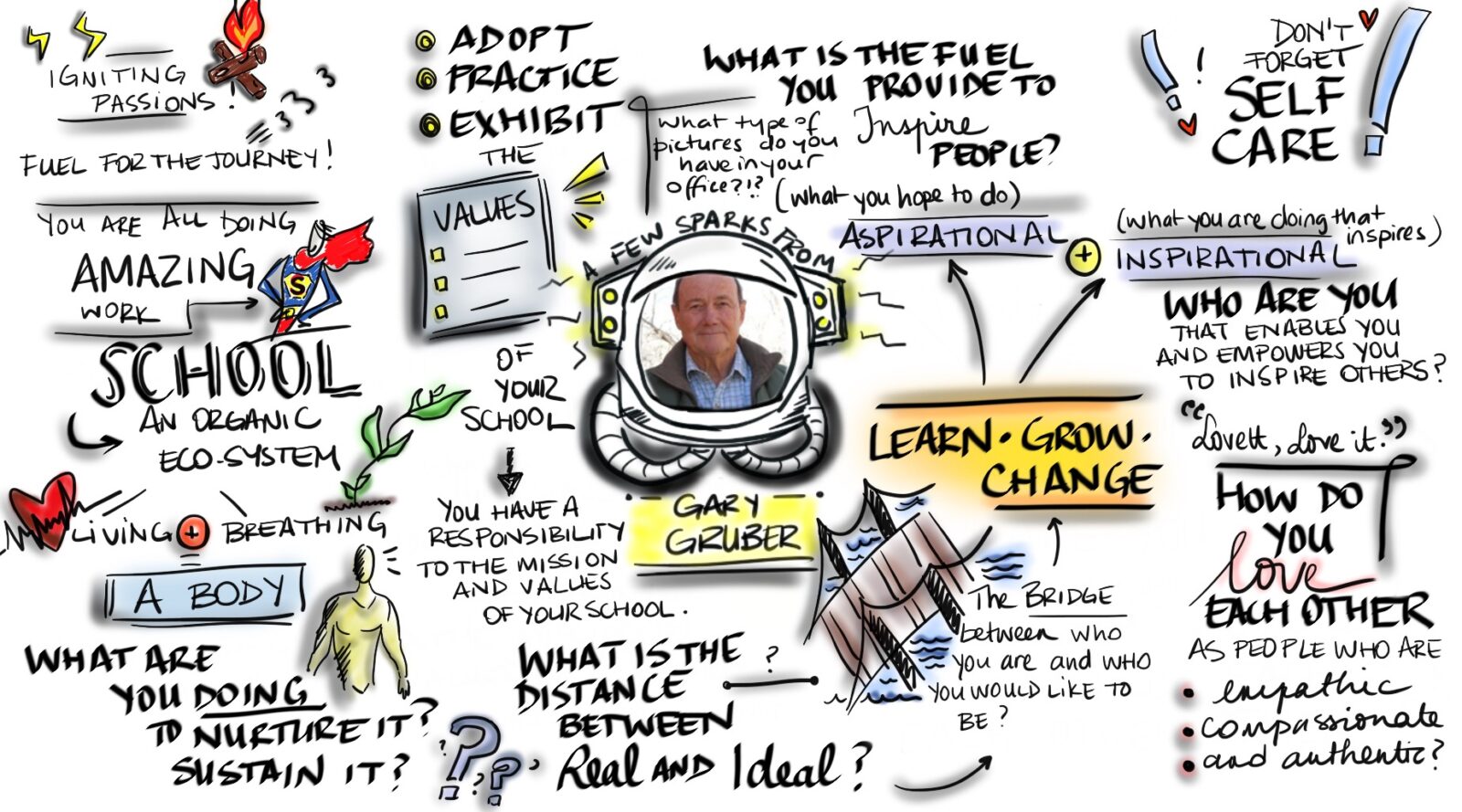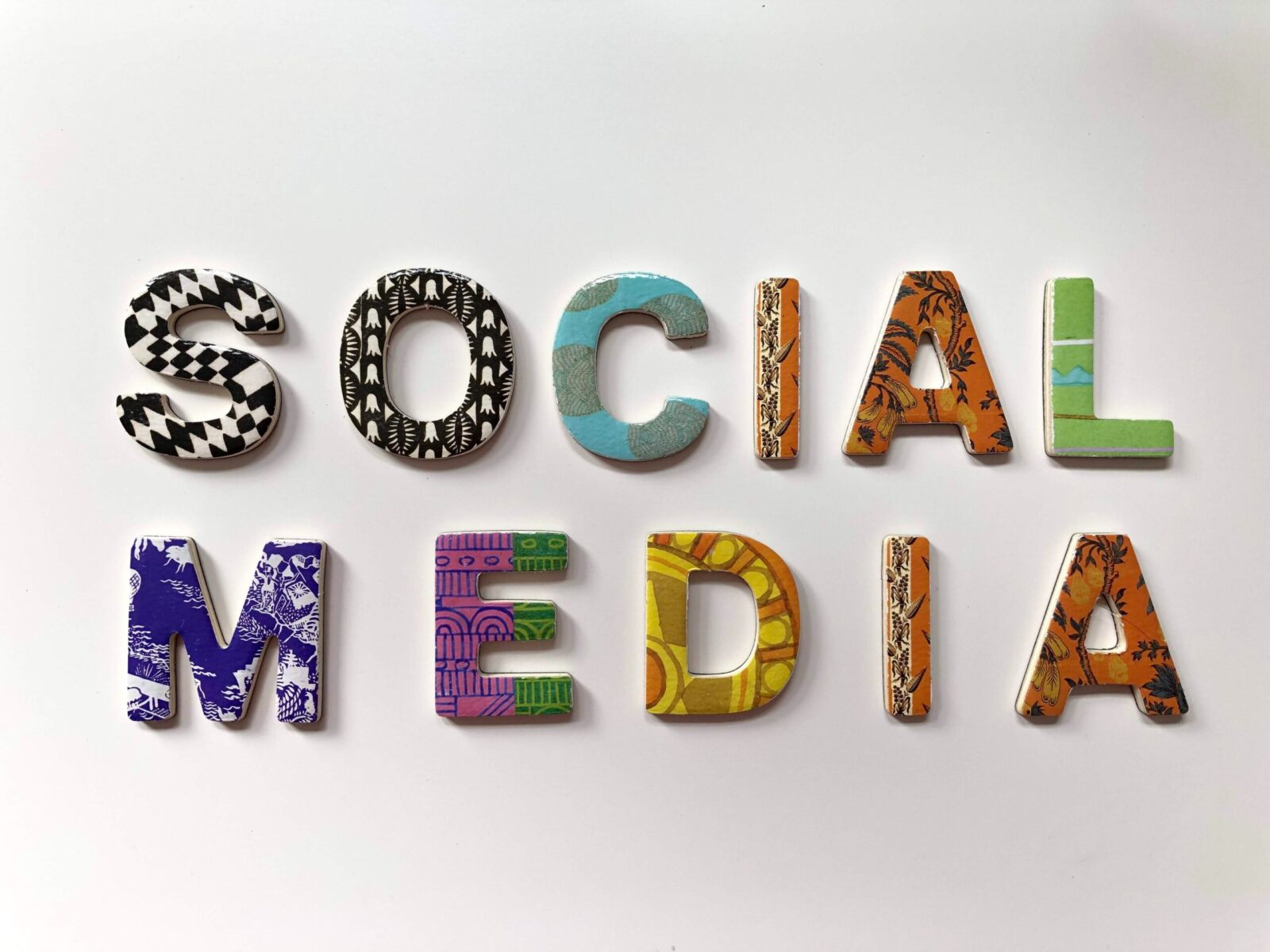What we are seeing and experiencing in our society today is testimony to the failure of our educational systems to transmit values of respect, personal responsibility, restraint, and a deep and genuine concern for the victims of abuse, racism, oppression and reinforced economic disparities.
Elie Wiesel said it best, “We must take sides. Neutrality helps the oppressor, never the victim, Silence encourages the tormentor, never the tormented. Sometimes we must interfere. When human lives are endangered, when human dignity is is in jeopardy, national borders and sensitivities become irrelevant. Whenever men and women are persecuted because of their race, religion of political views, that place – at that moment – must become the center of the universe.” From his Nobel Peace Prize speech 12/10/86 in Oslo, Norway
Too many children have grown up in the United States (and elsewhere) without an appreciation for the fragility of human rights that can be ignored and then removed by an oppressive government exercising its authoritarian practices. If you asked a high school graduate today for his or her understanding of one’s civic responsibility beyond voting, what do you suppose you might hear? What do you think a student understands today about the history of protest which began in this country with a revolution against King George III and taxation without representation? And in the centuries and decades since then? In the 60’s with civil rights and Vietnam? Here’s MLK speaking toward the end of his life: “If we do not act, we shall surely be dragged down the dark and shameful corridors of time reserved for those who possess power without compassion, might without morality, and strength without sight.”
“An educated citizenry is a vital requisite for our survival as a free people.” Although that quote cannot be found in any of Thomas Jefferson’s papers, it is a representation of his views on education. We have not done a very good job in educating our citizenry as a whole and while there will always be differences of opinion and a variety of positions on various issues, why can we not express those in a way that respects difference without going to war? From my perspective of observing these things over the past 75 years, I believe strongly it’s a matter of moral and ethical leadership or the lack thereof. Thus we end up not only with uneducated and unenlightened citizens but also leaders with no commitment to serving others, only themselves.
An educated person views differences with compassion and respect. An uneducated person views differences as evidence of their own superiority and views differences with contempt and condemnation.
An educated person has a set of values that has the capacity not only to discriminate between right and wrong but also to tell the difference between that which is dishonorable and that which has integrity.
An educated person can speak and write clearly and do so with a measure of precision and grace. An uneducated person has a limited capacity to communicate effectively and may express confusion and a lack of clarity. What we have here is not only a failure to communicate but a failure to educate.
An educated person has acquired an ability to think and work independently, is dependable, rational and can solve problems. An uneducated person reflects the opposite of those characteristics and often causes more problems rather than helping to provide a solution.
There are many lists of the marks of an educated person and they make a case for the differences between the educated and those we have failed to educate sufficiently to help make things better.
The uneducated, those we have failed to move forward, remain stuck in a stagnant and obstinate, closed mindset. We need not give up if we believe that one can always learn, grow and change although a willingness to consider a different point of view may be a prerequisite.
We have not empowered students with the principles and practices embodied here: “ We hold these truths to be self-evident, that all men (people) are created equal and endowed by their Creator with certain unalienable rights among which are life, liberty and the pursuit of happiness.” What does that mean in 2020? Nor have we given students opportunities to be involved in liberty and justice for all, for all, not just some.
As educators we know that we and our students can learn from failures and that “Success is not final and failure is not fatal. It is the courage to continue that counts.” (Churchill) We also know that if we do not learn from the mistakes of the past we are likely to repeat them. (George Santyana)
These uncertain times may provide an opportunity for the future to consider our failures to educate and see how we may design different approaches in the near future. Numerous people are hard at work on some of these new models and those resources are available to those interested in doing education differently with the intention of making things better.
Finally this. Parents play an extremely important role in raising and growing children. Those children are either the subjects of unconditional love and acceptance on one end of the continuum or unwanted and often neglected on the other end. How children express themselves in their schools and in their communities are reflections of the values and practices of the parents in most cases. When parents and schools and communities are in concert working together in the best interests of children, there is a much greater likelihood for success. When those entities are in conflict whether about values or behaviors, the chances of failure are increased significantly.
Are we learning from our failures? Have we made progress and benefitted from our mistakes? Have we built on our success to assure a better future? What will we do in the weeks and months ahead to be “one of the helpers.” We need to to stand together or we shall fall further apart. “United we stand, divided we fail.”








